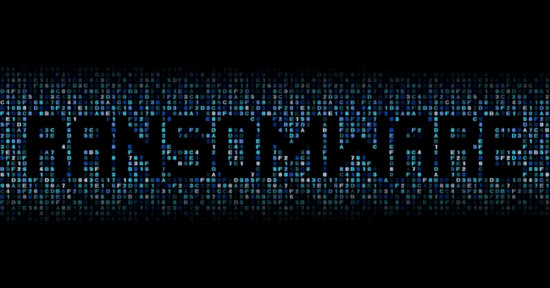According to reports, as a result of the ransomware, hospitals across England were forced to divert emergency patients. In Spain, victims including the telecommunications company Telefónica have been forced the company to tell employees to shut down machines and networks in an effort to stop the spread of the malware. Other victims include Gas Natural and Iberdrola, an electric utility firm. Bob Rudis, Chief Data Scientist at Rapid7 commented below.
Bob Rudis, Chief Data Scientist at Rapid7:
 “Attackers are, once again, preying on organisations that are in the weakest position to defend themselves against ransomware attack vectors.
“Attackers are, once again, preying on organisations that are in the weakest position to defend themselves against ransomware attack vectors.
Those involved in the health care industry often operate at a frenetic pace, have a mandate to be in nigh constant communication and are working with technology that has been built for quick access and ubiquitous usability. Seconds often matter when dealing with health care decisions, but the need to operate quickly makes it easier to fall victim to phishing attacks, which are the entry for ransomware.
More work needs to be done in the healthcare industry as well as at the policy level to help ensure these attacks do not continue to put our collective ability to deliver critical care in further jeopardy.”
The opinions expressed in this post belongs to the individual contributors and do not necessarily reflect the views of Information Security Buzz.



